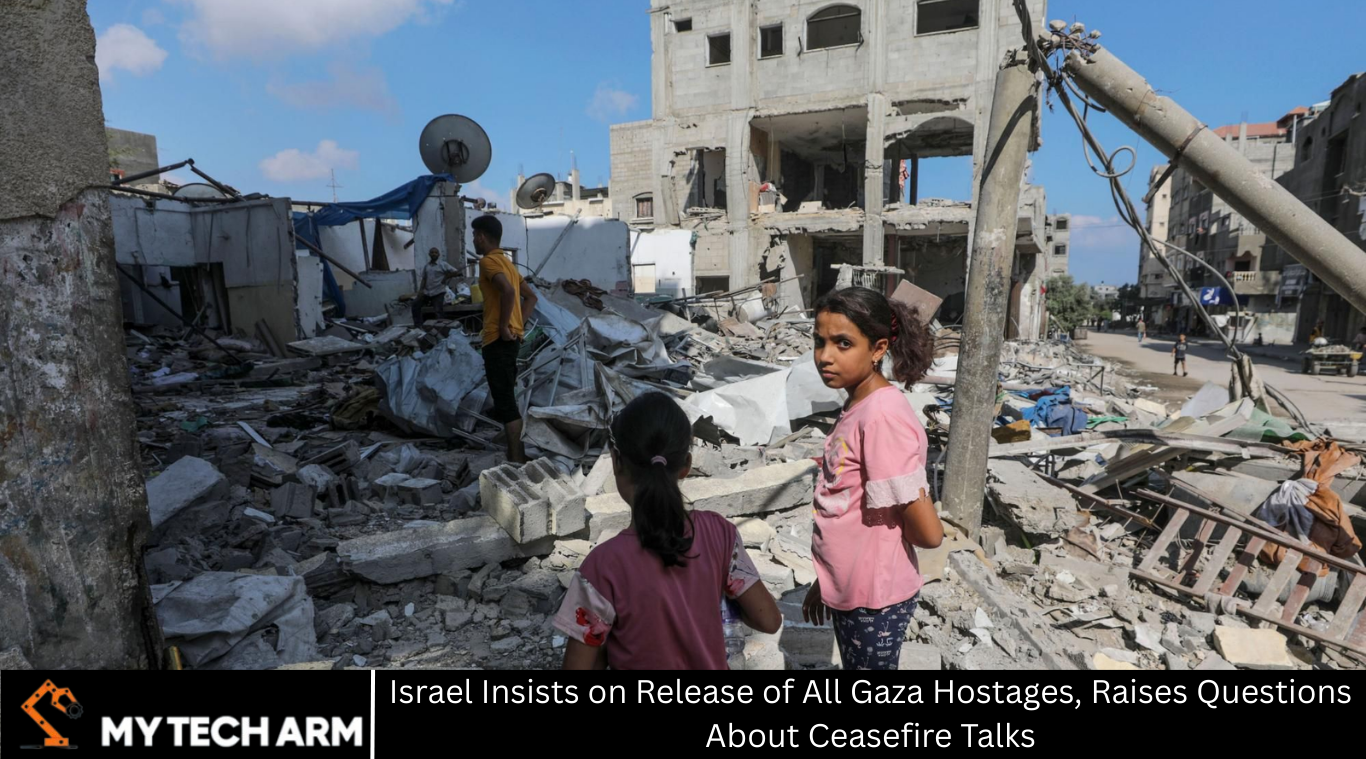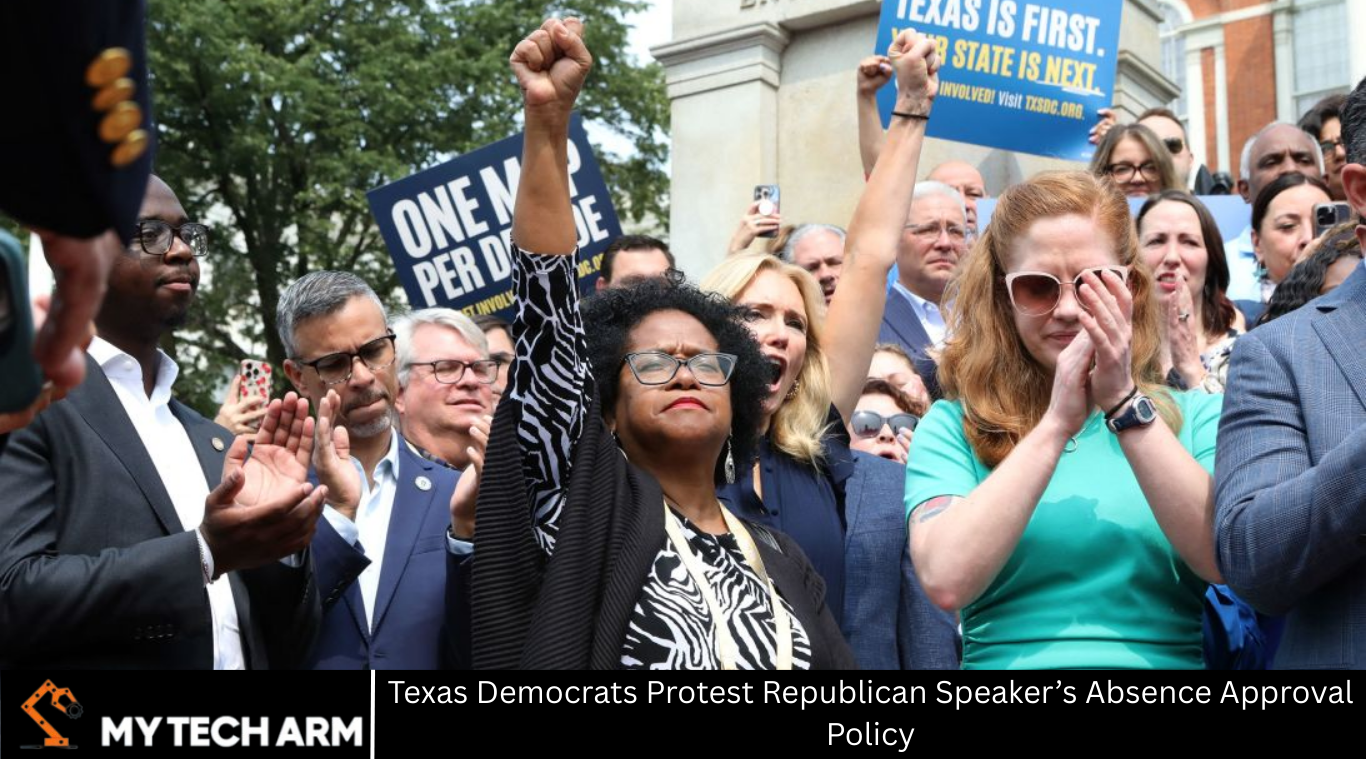The ongoing conflict between Israel and Gaza has reached a critical juncture, with Israel firmly demanding the release of all hostages held by Palestinian militant groups in Gaza. This stance has cast serious doubts on the prospects for a ceasefire, complicating efforts by international mediators to negotiate peace and halt the violence. The hostage situation has become a pivotal point in the conflict, intertwining issues of national security, humanitarian concerns, and political strategy.
This article explores the background of the hostage crisis, Israel’s demands, the challenges facing ceasefire negotiations, the humanitarian impact, and the broader regional and international implications. We will also address frequently asked questions to clarify key aspects of this complex issue.
Background of the Conflict and Hostage Situation
The Israeli-Palestinian conflict is decades old, marked by cycles of violence, political strife, and failed peace efforts. The Gaza Strip, governed by Hamas since 2007, has been a focal point of conflict, frequently witnessing clashes, rocket attacks, and military operations.
Hostage-taking has been a recurring, tragic feature in this conflict. Various Palestinian militant groups have taken Israeli civilians and soldiers captive, often using hostages as leverage for prisoner exchanges or political concessions. Conversely, Israel has also detained Palestinians, sometimes leading to hostage-like situations.
The most recent hostage crisis emerged amid heightened tensions and military escalations, with Hamas and allied groups holding a number of Israeli hostages following cross-border attacks. This development has intensified Israeli security concerns and hardened its negotiating position.
Israel’s Demand for Hostage Release
Israel’s government has unequivocally insisted on the immediate release of all hostages as a non-negotiable precondition for any ceasefire agreement. Israeli officials argue that any cessation of hostilities must guarantee the safe return of civilians and soldiers held captive.
The demand reflects a broader policy of prioritizing the protection of Israeli citizens and ensuring that no concessions are made without securing the release of hostages. The Israeli leadership, including military and political figures, has emphasized that the country will not tolerate hostage-taking as a bargaining chip and views the release as a matter of national honor and security.
This stance has influenced Israel’s military strategy and diplomatic engagement, with operations often focused on exerting pressure on Gaza to compel the release.
Impact on Ceasefire Negotiations
The hostage issue complicates ceasefire talks significantly. International mediators, including the United Nations, Egypt, Qatar, and other regional actors, have sought to broker a truce to halt violence and alleviate humanitarian suffering.
However, Israel’s insistence on hostage release before agreeing to a ceasefire has created a stalemate. Hamas and other groups have used the hostages as leverage to demand concessions, including prisoner releases and easing of blockades.
This deadlock reduces the chances of an immediate ceasefire and prolongs the conflict, leading to increased casualties and destruction on both sides. The situation illustrates how hostage crises can escalate conflicts by adding layers of emotional and political complexity.
Humanitarian Consequences
The ongoing conflict and failure to secure a ceasefire have had devastating humanitarian impacts in Gaza and Israel alike.
In Gaza, widespread destruction, shortages of medical supplies, food, and clean water, and the displacement of thousands have led to a humanitarian crisis. Civilians, including women and children, bear the brunt of the conflict, with hospitals overwhelmed and infrastructure crippled.
In Israel, fear and trauma grip communities near the Gaza border, with missile attacks threatening civilian lives. The hostage crisis adds an extra layer of anxiety and urgency, as families and the public await news of loved ones.
International humanitarian organizations have repeatedly called for a ceasefire to allow aid delivery and protect civilians, but the hostage impasse remains a significant barrier.
Regional and International Reactions
The hostage crisis and stalled ceasefire talks have drawn global attention.
- Arab States: Some have condemned Israeli military actions while others have quietly supported mediation efforts. The hostage issue has affected regional alliances and diplomatic relations.
- United States: Traditionally a strong ally of Israel, the U.S. has expressed support for Israel’s security concerns but also urged restraint and humanitarian access.
- United Nations: The UN has called for an immediate ceasefire and the protection of civilians, highlighting the need to resolve the hostage situation.
- Other Global Players: Countries and organizations worldwide continue to monitor the situation, some pushing for negotiations and others emphasizing security or humanitarian priorities.
Possible Paths Forward
Resolving the hostage crisis is key to achieving any lasting ceasefire. Possible avenues include:
- Negotiated Exchanges: Past conflicts have seen prisoner swaps and negotiated releases, though these are often fraught with political risk.
- International Mediation: Third-party mediators could facilitate dialogue focused on humanitarian guarantees and phased releases.
- Military Pressure: Israel may continue operations aimed at weakening Hamas’s hold, though this risks further escalation.
- Humanitarian Interventions: Increasing aid and protections for civilians could create conditions favorable to negotiations.
Ultimately, a multifaceted approach balancing security, humanitarian needs, and political realities is essential.
Frequently Asked Questions
How many hostages are currently held in Gaza?
The exact number varies due to the fluid nature of the conflict, but reports indicate dozens of Israeli civilians and soldiers are being held.
Why is Israel refusing a ceasefire without hostage release?
Israel views hostage release as a critical security and moral imperative, refusing to pause hostilities without guarantees for the hostages’ safe return.
What role do international mediators play in this crisis?
Mediators attempt to negotiate ceasefires and facilitate discussions between Israel and Hamas, often focusing on humanitarian relief and hostage release.
Have there been previous hostage exchanges in this conflict?
Yes, past conflicts have seen prisoner swaps and negotiated releases, though often accompanied by political controversy.
What humanitarian impacts are caused by the ongoing conflict?
Widespread civilian casualties, displacement, shortages of basic necessities, and strained medical infrastructure in Gaza and Israel.
How does the hostage crisis affect the chances of peace?
It creates a significant barrier to ceasefire agreements, as hostage release is a non-negotiable demand for Israel, while militant groups use hostages as leverage.
What can the international community do to help resolve this situation?
By supporting mediation efforts, facilitating humanitarian aid, applying diplomatic pressure for negotiations, and promoting adherence to international law.
Conclusion
Israel’s insistence on the release of all Gaza hostages underscores the deep complexities that hostage-taking introduces into conflict resolution. While this stance highlights a legitimate concern for citizen safety and national security, it also complicates ceasefire efforts and prolongs suffering.The path to peace requires addressing the hostage crisis with sensitivity and urgency, ensuring that diplomatic efforts are grounded in the realities on the ground. Until a resolution is found, the hostage issue will remain a central and contentious element in the Israeli-Gaza conflict.







